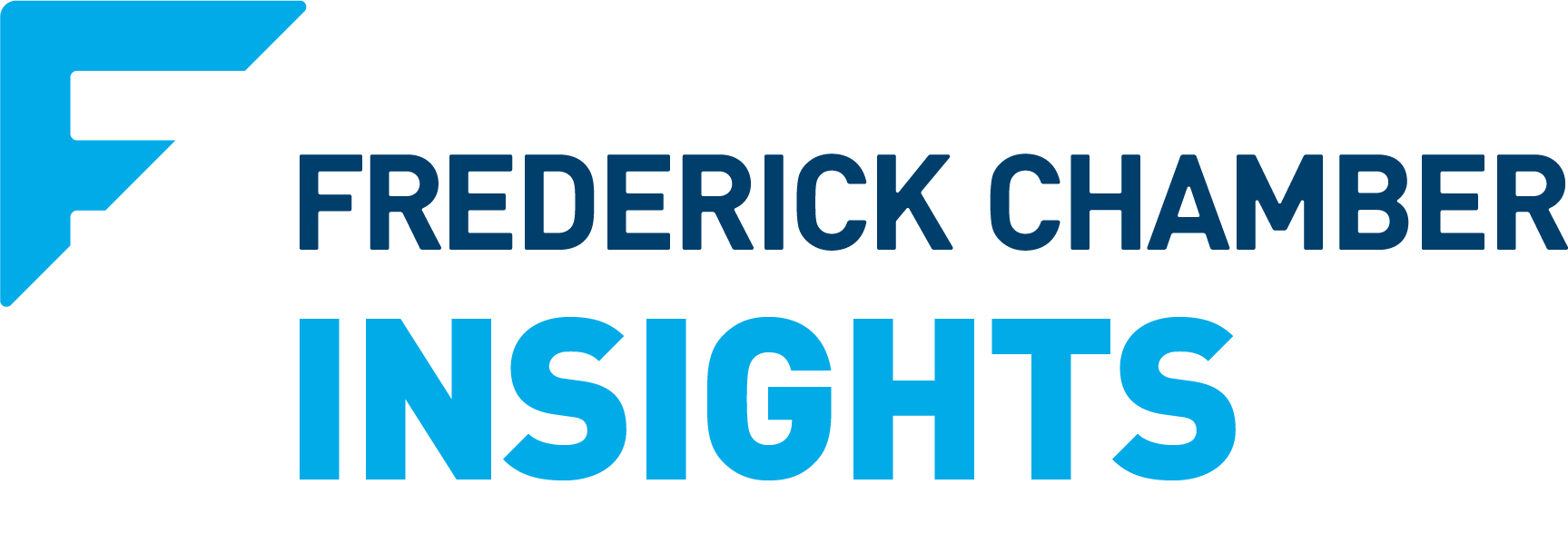– Rick Weldon, President & CEO
Each year, our Maryland General Assembly convenes in Annapolis between January and April to enact new laws, pass a budget, and generally fulfill the constitutional duties laid out for them.
Last year, as our COVID nightmare was just beginning to raise its awful awareness, the Maryland House of Delegates and Senate were focused on more mundane matters than the practical collapse of our local economies and small businesses.
During that time, our collective focus was on the need to identify new funding sources for a major public education initiative, the Excellence in Education Commission report. In order to fully implement the recommendations of the Commission, billions in additional state revenue would be required. Legislative leaders spent months seeking new revenue generation methods.
At the very end of the 2020 Maryland legislative session, the General Assembly rushed House Bill 732 – Digital Advertising Gross Revenues Tax, a very shortsighted and deeply flawed bill, to the floor and passed it along party lines. Due to the COVID-19 pandemic, the normal legislative process was curtailed, and public input was limited. The outcome is a bill that will raise taxes on every single person and business that advertises services online, from the smallest mom and pop to the largest corporation to your next-door neighbor. If Governor Hogan’s veto is overridden, Maryland would have the notorious distinction of being the only state in the country to enact a digital advertising tax.
Today, businesses of all sizes are marketing online. Access to platforms that provide advertising is direct, easy to manage, and more people than ever are on those platforms. This is why House Bill 732 is so damaging to both Maryland’s and countless local economies. It’s not just Fortune 500 companies that advertise online, it’s your local barber, your local auto mechanic, your local watering hole and those critical nonprofits. House Bill 732 would raise taxes and the cost of doing business for all these hardworking Marylanders and the ripple effect is obvious: higher taxes, higher prices, fewer jobs.
-
-
- If Governor Hogan’s veto is overridden, SB 732 is expected to generate over $250 million in tax revenue
- The claim is that only the large online platforms will be taxed (Facebook, Google etc)
- As with every other form of taxation, the taxed entity will merely pass that cost to their users
We anticipate that the large national digital ad sellers will simply pass this new cost along to their ad purchasers in Maryland (businesses of all sizes and types, nonprofits and literally anyone who buys an online ad on these platforms) - It’s likely that as our business community is faced with this new cost-of business, employers will be forced to:
- Increase the costs of their goods and services
- Reduce their operating costs just to remain competitive
- No other state has attempted this idea. The French government did pass a digital advertising tax, and while different than SB 732, an international independent tax consulting firm estimated that up to 55% of the cost of the tax would simply be passed along to the purchasers of digital advertising. In Maryland, that alone would account for an increase of $135 million on new costs being passed along to our businesses and nonprofits.
- Under COVID-19, the impacts of the fiscal pressures on our small businesses and nonprofits have been catastrophic. We learn everyday of a new restaurant or shop that is closing its doors. Now is NOT the time to increase the cost of doing business, especially with online ad sales.
In order to stop this from becoming reality, we all need to engage our state legislators in the fight to sustain Governor Larry Hogan’s veto of SB 732. You can email our Frederick County Legislative Delegation and express your strong opinion that the House and Senate NOT override his veto. Ask our legislators for their positions on this critical measure, and remind them that an override of the veto is not only bad policy in this terribly difficult time, it will be remembered when those who ignore the impact seek the support of the business community in the future.
Senator Ron Young: ron.young@seante.state.md.us
Senator Michael Hough: michael.hough@senate.md.us
Delegate Barrie Ciliberti: barrie.ciliberti@house.state.md.us
Delegate Dan Cox: dan.cox@house.state.md.us
Delegate Carol Krimm: carole.krimm@house.state.md.us
Delegate Ken Kerr: ken.kerr@house.state.md.us
Delegate Jesse Pippy: jesse.pippy@house.state.md.us
Delegate Karen Lewis-Young: karen.young@house.state.md.usSIGN THE PETITION TO STOP THE TAX
The Frederick County Chamber of Commerce works every day to elevate the voices of small business owners and nonprofit organizations, highlighting the role they play in our local economy and supporting them through challenging and uncertain times — like the ones we face now.
-

